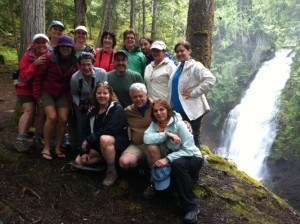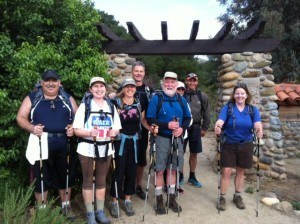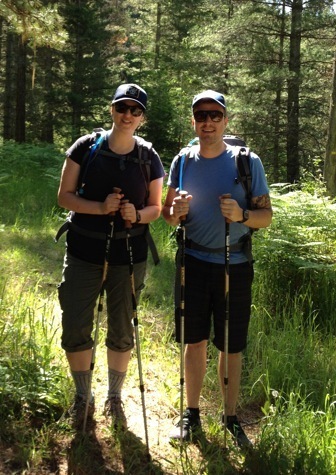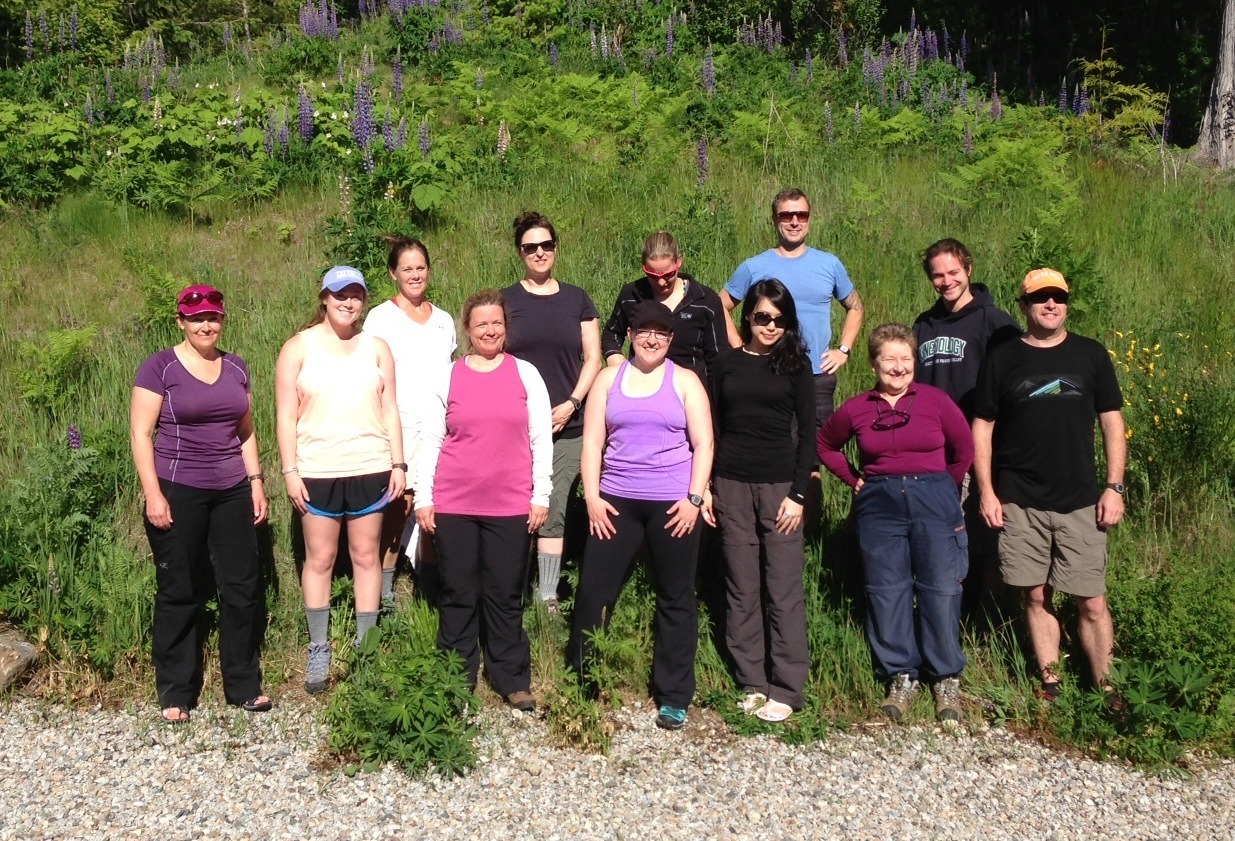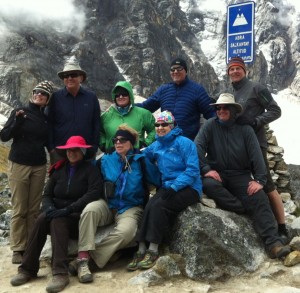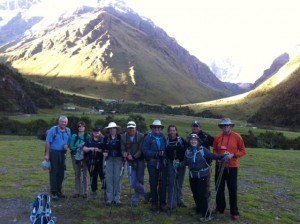
The Mountain Trek program changes your health on many levels. Building muscle, detoxing impurities and burning fat are just some of the ways our guests transform during their stay with us. What people may not realize is Mountain Trek’s focus on exercise, nutrition, stress management, and overall wellness will change people’s lives forever. One or two weeks with us will kick start a new perspective on healthy living practices and when you eventually return to your daily routine, you’ll have an arsenal of good habits to choose from.
Of course, immersion in an intensive fitness program replete with teachers, personal trainers, chefs and hiking guides all set in a stunning and remote wilderness is ideal for fully focusing on one’s health. But bringing this hard-earned knowledge into the routines and schedules back home can be a challenge.
Tips for integrating Mountain Trek into your daily life to keep the experience alive
Manage expectations
Think of Mountain Trek as a retreat from “real life,” a Disneyland of sorts for health-conscious adults. We all have commitments and schedules that require our time and energy in our daily life and we can’t expect to focus on our fitness, nutrition, detoxification, metabolism and stress management for eight hours a day like we did at Mountain Trek. Five to eight hours of exercise per week will suffice.
Take a few days off
Integrate 1-2 things from your list of Health Formulas until they become habitual, then pick another 1 or 2 on your list. Balance these new habits of nutrition, exercise, stress reduction, sleep hygiene, or detoxification with a break of 2 days per week.
Set goals
Make them specific, measurable, attainable and anchored in the time that you allot for fitness.
Take small steps
Integrate your goals gradually and realistically. It’s okay to go for small hikes instead of climbing to the top of the mountain right away. These small steps turn into new habits which eventually take hold in our lifestyle.
Surround yourself with like-minded people
It’s easier to feel motivated if you have friends that will support you and join you in your healthy activities.
Keep a journal
It’s an excellent way to notice and document the changes that you’re going through. Try not to edit or censor yourself. If you can let the stream of consciousness flow, often your heart and mind will reveal some fascinating truths about your fitness journey.
Be gentle with yourself
When you experience some setbacks around your goals, as we all do from time to time, be kind to yourself. The more love and compassion you show towards yourself, the easier it will be to regain confidence and get back on track.
Remember there is no “one size fits all”
Make meal and exercise plans that are right for you. You’re unique so don’t compare yourself to your workout partners, Olympic athletes or favorite movie stars.
Reward Yourself
An occasional beer or ice cream or missed week of exercise won’t kill you. But trying to eat perfectly and have the perfect body, on the other hand, just might. Remember, you’re not on a quest for perfection, you’re on a quest for progression towards a healthy mind, body and soul. And that can only be attained one step and one day at a time.
Of course, in order to integrate the Mountain Trek teachings, you’ll have to join us first!
What is Mountain Trek?
Mountain Trek is the health reset you’ve been looking for. Our award-winning health retreat, immersed in the lush nature of British Columbia, will help you detox, unplug, recharge, and roll back years of stress and unhealthy habits. To learn more about the retreat, and how we can help you reset your health, please email us at info@mountaintrek.com or reach out below:
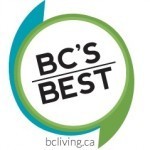 BC Living has just listed Mountain Trek as one of their “To Do” activities in the province.
BC Living has just listed Mountain Trek as one of their “To Do” activities in the province.
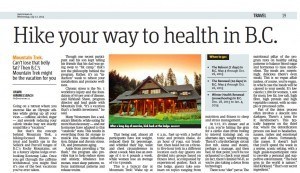 Toronto-based freelance writer Vawn Himmelsbach visited
Toronto-based freelance writer Vawn Himmelsbach visited
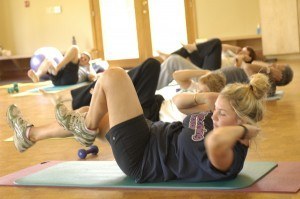 A few weeks ago we published a blog called “
A few weeks ago we published a blog called “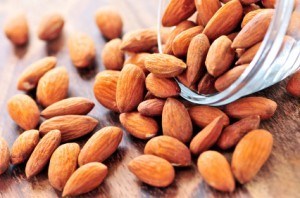 What are some sources of potassium?
What are some sources of potassium?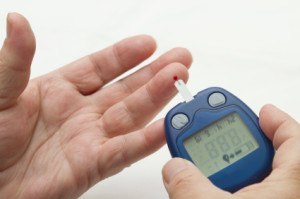 What is the relationship between potassium and diabetes?
What is the relationship between potassium and diabetes?
